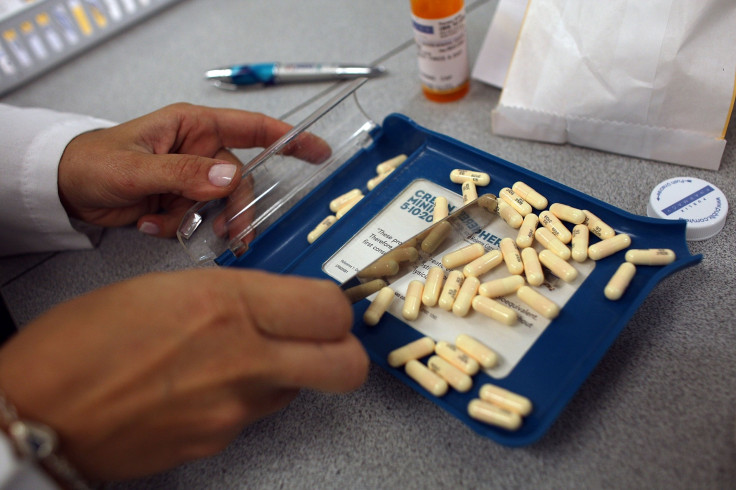XenoPort's Psoriasis Drug Shows Higher Side Effects; Shares Fall

(Reuters) - XenoPort Inc's psoriasis drug showed high rates of gastrointestinal-related side effects, overshadowing its success in a mid-stage study.
The company's shares, which rose as much as 19 percent premarket, fell sharply in regular trading after the company said on a conference call that a third of its patients in the study dropped out due to the side effects.
During the trial of the drug, XP23829, in patients suffering from the chronic skin disease, adverse events related to diarrhea were 22-40 percent in the drug group, compared with 15 percent in the placebo group, the company said.
XenoPort should stop spending limited resources on a drug that, while active, appears to be inferior to the standard of care in psoriasis, Cowen & Co analyst Eric Schmidt wrote in a note.
The drug's profile compares poorly to Celegene Corp's Otezla, which was approved last year for psoriasis, and Biogen Inc's multiple sclerosis drug Tecfidera, the analyst said.
The company said gastrointestinal events, which also included nausea, abdominal pain and vomiting, were the most frequent side effects.
XenoPort, however, said it expected to start late-stage trials next year and that it would explore partnerships to speed up the development of the oral drug globally.
Psoriasis, one of the most prevalent yet difficult-to-treat autoimmune diseases, causes itchy or sore patches of thick, red skin with silvery scales.
The disease is estimated to affect 2.0-2.6 percent of the U.S. population, with higher incidence in Caucasians, according to the National Institutes of Health.
About 15 percent of psoriasis patients may eventually develop psoriasis arthritis, a debilitating joint condition.
XenoPort said both 800 mg and 400 mg doses of the drug reduced the severity of psoriasis.
The U.S. Food and Drug Administration earlier this year approved Novartis' injectable drug, Cosentyx, for treating psoriasis. Eli Lilly & Co is also developing Ixekizumab for treating the disease.
Canada's Valeant Pharmaceuticals International Inc also bought rights to AstraZeneca Plc's late-stage experimental psoriasis drug brodalumab after it was dropped by Amgen Inc in May.
The company shares fell 25 percent to their year low of $5 in mid-day trade on the Nasdaq.
(Reporting by Anjali Rao Koppala in Bengaluru; Editing by Saumyadeb Chakrabarty and Anil D'Silva)
Published by Medicaldaily.com



























